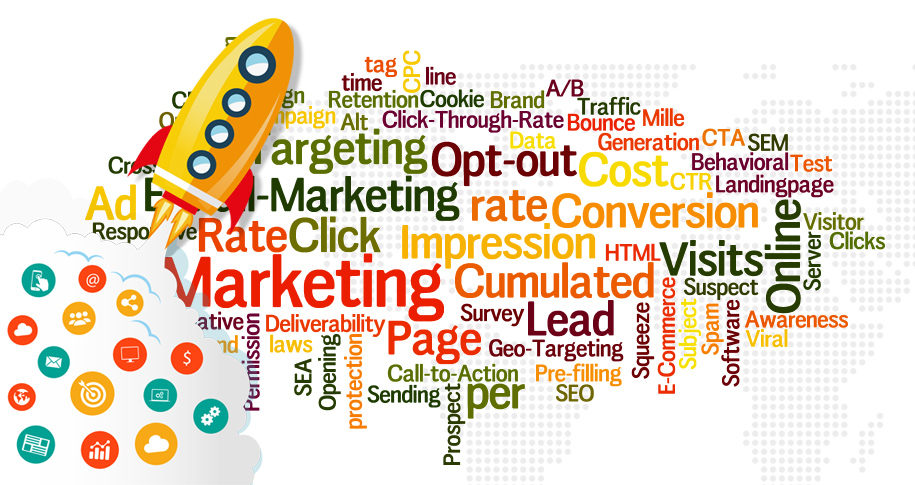What Is Just-In-Time MarketingWhat Is Just-In-Time Marketing?
Just-... More?
Just-in-time (JIT) marketing is a strategy that delivers personalized and relevant messages to customers at the exact moment they are needed. It focuses on providing timely and contextual communication based on real-time data, helping brands engage customers effectively and drive immediate action.
Why Is Just-In-Time MarketingWhat Is Just-In-Time Marketing?
Just-... More Effective?
- Increased Relevance
- JIT marketing uses real-time insights to deliver messages tailored to the customer’s current context.
- Example: Sending a discount code when a customer abandons their cart.
- Higher Engagement
- Personalized and timely messages are more likely to capture attention and drive interaction.
- Example: Recommending products based on recent browsing behavior.
- Improved Customer Experience
- By anticipating needs and providing timely solutions, brands enhance customer satisfaction and loyalty.
- Maximized ROI
- JIT marketing reduces wasted efforts by targeting customers who are most likely to engage.
- Adaptability
- The strategy allows brands to respond quickly to changing customer preferences and market trends.
Key Components of Just-In-Time MarketingWhat Is Just-In-Time Marketing?
Just-... More
- Real-Time Data Collection
- Automation and AI
- Use automation platforms to deliver messages at scale without delays. AI helps personalize recommendations and predict customer behavior.
- Omnichannel Approach
- Ensure seamless messaging across channels, such as email, social mediaDefinition
Brand awareness is the ext... More, and push notifications, for a unified experience.
- Ensure seamless messaging across channels, such as email, social mediaDefinition
- Behavioral Insights
- Analyze customer behavior, such as purchase history or site activity, to deliver relevant content.
- Timely Execution
- Ensure messages reach the audience at the optimal time to maximize impact.
Examples of Just-In-Time MarketingWhat Is Just-In-Time Marketing?
Just-... More
- E-Commerce
- Sending a notification about a flash sale when a customer is browsing similar products.
- Travel Industry
- Offering last-minute deals based on a user’s search history for flights or hotels.
- Fitness Apps
- Sending motivational messages or reminders based on user activity patterns.
- Retail
- Providing in-store promotions through mobile apps when a customer enters a store.
Challenges of Just-In-Time MarketingWhat Is Just-In-Time Marketing?
Just-... More
- Data Dependency
- The strategy relies heavily on accurate and up-to-date customer data.
- Privacy Concerns
- Ensuring compliance with data protection regulations, such as GDPR, is crucial.
- Execution Speed
- Delayed messaging can reduce the effectiveness of the strategy.
Conclusion
Just-in-time marketingWhat Is Just-In-Time Marketing?
Just-... More is a powerful approach for delivering timely, relevant, and personalized experiences. By leveraging real-time data and automation, brands can enhance engagement, improve customer satisfaction, and drive immediate results.
